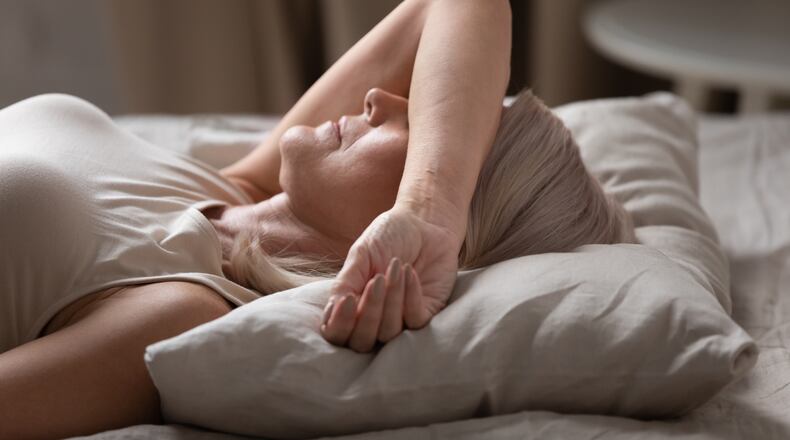Some suggestions proven to help improve sleep quality:
- Try to establish a regular schedule for both bedtime and waking up. When set patterns and routines are followed the body functions at its best. Another option: Try getting up a half hour earlier in the morning for a few days. By slightly re-adjusting your time clock you will be more apt to fall asleep more quickly and sleep more soundly. Once a pattern of quality sleep is established, you can go back to your normal wake-up time.
- Do your best to set aside the last hour or so of the day as your time to unwind and relax. This helps calm both the body and mind and alleviate thoughts associated with stressful events of the day.
- Avoid caffeine, nicotine and alcohol, especially too close to bedtime. If caffeine is a must, try to make sure it is no closer than six hours before you plan to go to sleep. Alcohol is a depressant that not only interferes with deeper stages of sleep, but relaxes muscles in the throat, increasing chances of snoring and breathing problems. Nicotine is a stimulant known to raise blood pressure and elevate the heart rate.
- Keep the bedroom as dark and quiet as possible. Light sleepers often use “white noise” to mask sounds that might normally wake them up. Proper air circulation and room temperature are also important. If the room is too warm or too cold, you will be uncomfortable and less likely to rest peacefully.
If it seems that no matter what you do you still cannot fall asleep, don’t fight it. Worrying about being awake serves no purpose and just makes matters worse.
Instead, listen to your body, go ahead and get up, or spend this time doing some sort of relaxing activity such as reading until you feel sleepy.
Researchers have discovered a link between sleep deprivation and difficulty losing weight, associated with the hormone’s ghrelin and leptin. Ghrelin’s job is to signal hunger, and it has been shown that those who are sleep-deprived have more of this hormone. Leptin signals the brain that its time to stop eating, and those who are sleep-deprived have less of this hormone.
Sleep deprivation can increase the urge to grab a sugary treat or extra cup of coffee for a quick energy boost. Although this may seem like a good idea at the time, the effect is short-lived with the inevitable ‘crash’ soon following.
Better to practice good ‘sleep hygiene” instead, which pays big dividends in the end.
Marjie Gilliam is an International Sports Sciences Master certified personal trainer and fitness consultant. She owns Custom Fitness Personal Training Services LLC. Send email to marjie@ohtrainer.com.
About the Author

